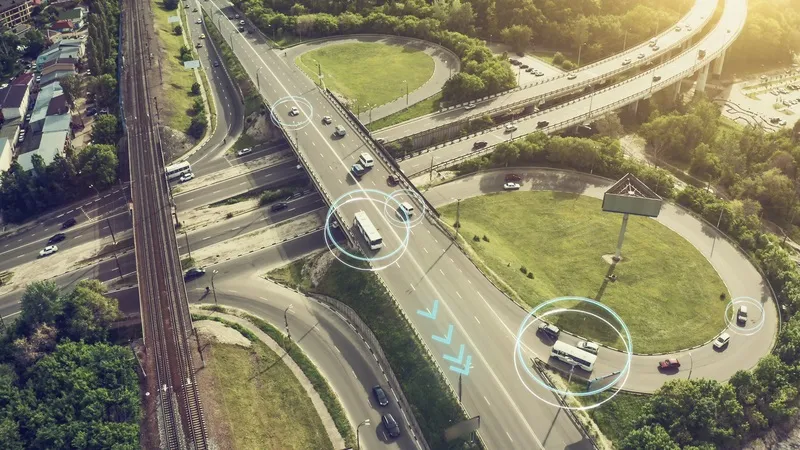Iteris has added approximately US$24 million in new signed contracts in the last three months, reaching a company record US$52 million in backlog for its transportation systems business division, representing an approximate 60 per cent increase from this point in time one year ago. These contracts broaden the firm’s transportation management and connectivity services providing additional software and hardware solutions; services include commercial vehicle operations (CVO), transit, performance monitoring, t
January 7, 2016
Read time: 2 mins
The company is also supporting the
“Iteris continues to utilise a customer-centric focus to grow in newer verticals, as demonstrated by these numerous contracts,” said Ramin Massoumi, senior vice president and general manager of Iteris’ Transportation Systems division. “This increased backlog is a positive indicator of our fiscal 2017 financial performance and our ability to provide a suite of first-rate mobility solution; further, it provides an immediate recurring revenue source in a number of strategic market segments.”










